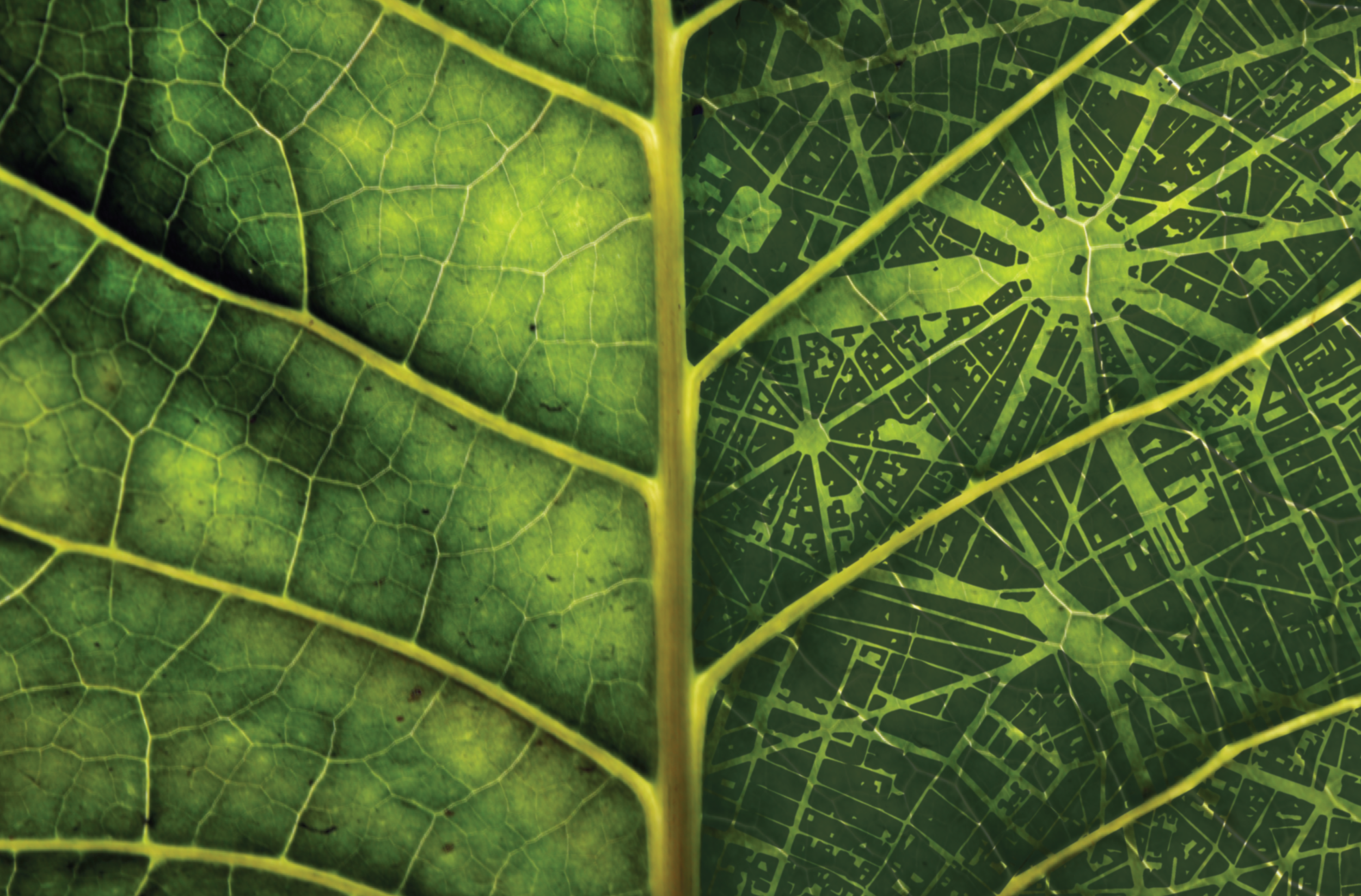
Developed by Robert Lue and Alain Viel, and launched in the summer of 2015, this project-based program uses biological principles at the molecular, cellular and evolutionary levels to innovate new models for addressing the urban challenges of Paris. Students from Harvard University, Science Po’s École d’Affaires Publiques, and the Centre de Recherches Interdisciplinaires (CRI) work in interdisciplinary teams for two months to develop and test these ideas in actionable project designs.
Using the city of Paris as a laboratory, student teams propose new models for sustainable development on issues ranging from public art and education to transportation and public health. These projects focus not only on enhancing the physical infrastructure of the city, but also the intellectual and social capital of its residents. The seventeen sustainable development goals (SDGs) defined by the United Nations provide a framework for responding to these diverse challenges.
A key aspect of the program involves student consultations with stakeholders across public, private, and civic sectors to interrogate the feasibility of project ideas. At the end of the summer, students pitch their projects to City Hall in a film festival format. In the process, students become civic innovators and change makers across fields and across cultures.